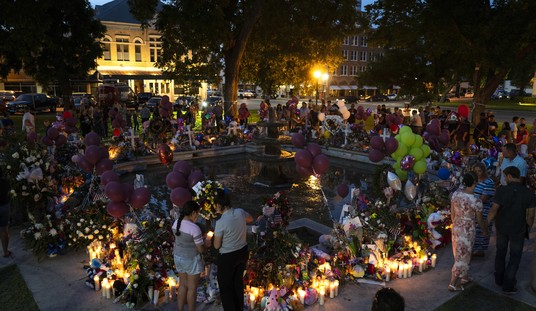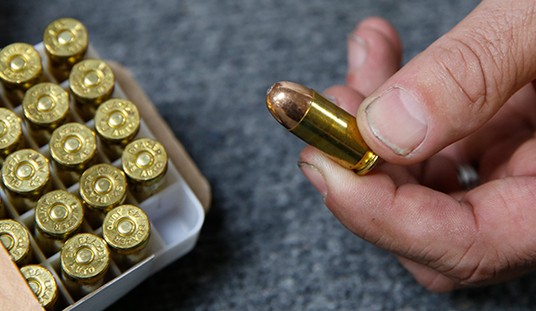With NYSRPA vs Bruen’s oral arguments over, it’s clear that while we may not actually know precisely what the Supreme Court is going to rule, we know the days of denying carry permits for subjective reasons will soon be over. Now, more law-abiding people will be able to get carry permits and venture forth into the world armed.
Historically, people with such permits are less likely to commit a crime than police, judges, and politicians, so this is hardly a bad thing.
Yet not everyone in the media got the memo. Take the Sacramento Bee, as an example. While most of the story they present on the Supreme Court case appears to be a fairly neutral summary of what most people think will happen, they had to include this bit:
Respondents in the Supreme Court case argue that there is a compelling reason for restricting the right to bear arms: it reduces violent crime.
John Donohue, the C. Wendell and Edith M. Carlsmith Professor of Law at Stanford Law School, was one of 14 social scientists who signed a letter to the court arguing that states with “right-to-carry” laws are associated with an increase in violent crime.
“Typically, when one justifies a law or restriction that infringes on a potential constitutional right, the court will say something like, ‘well, this can only be sustained if it serves some compelling governmental interest,’” Donohue told The Sacramento Bee. “And of course, here there is a very compelling governmental interest, which is we don’t want more crime than we need.”
Petitioners, however, pointed to a different letter filed by William English, a political economist and assistant professor at the McDonough School of Business, Georgetown University.
English, in his amicus curiae, said right-to-carry laws and associated growth in carry permits have “no statistically significant effect on murder rates, firearm murder rates, non-firearm murder rates, or overall violent crime rates.”
Donohue disagreed, saying English’s studies are unpublished and “badly flawed.” For example, in Illinois, Donohue’s research shows that crime increased after a circuit court judge struck down a similar restriction on gun-carrying.
Now, at first, this looks like a pretty neutral report…until the last paragraph. Why did Donohue get a rebuttal, but not English? Further, if English’s studies are unpublished, how does he know they’re “badly flawed” in the first place?
Here’s what we do know, though.
For years, we were told we desperately needed gun control. We had to restrict handgun ownership in order to reduce the rampant crime of the 70s and 80s. Many places followed that advice and crime did nothing.
Then, a lot of other places started empowering gun owners, restoring their right to bear arms. More guns ended up on our city streets. At the same time, this expansion of gun rights–really more of a restoration–took place, violent crime began to nosedive.
Now, I can’t say definitively that this was a major factor or not. I believe it to be, but I can’t provide hard data to prove it.
What I can say definitively, though, is that if more guns on the streets resulted in more crime, then violent crime shouldn’t have gone down as more guns left the home on people’s hips.
But it did.
As previously noted, those who have carry permits have been found to be incredibly law-abiding. With that in mind, then how in the hell could more lawful carriers make crime worse?
But what about Donahue’s claim that a circuit court judge struck down a restriction on gun carrying and crime went up? Well, that’s difficult to really address because there’s a complete lack of specifics. I don’t know whether Donahue failed to provide it or whether the journalists failed to include it, but without those, it’s kind of hard to address much of anything.
However, what I can say is that it’s unlikely that striking down the rule was the only factor involved, especially since people with carry permits aren’t the ones breaking the laws. What else happened? Did this circuit court ruling happen two weeks before George Floyd’s death when everything and everyone lost their minds?
It’s important to remember that correlation doesn’t equal causation, which is why I couldn’t definitively say expansion of gun-carrying led to the drop in crime. But we do know that causation should lead to correlation, and it did.
In Donahue’s case, this sounds like correlation and little more, but again, without knowing precisely what he’s referring to.
At the end of the day, his fearmongering is unwarranted. We’ll see more guns on the streets and crime will go down once again.








